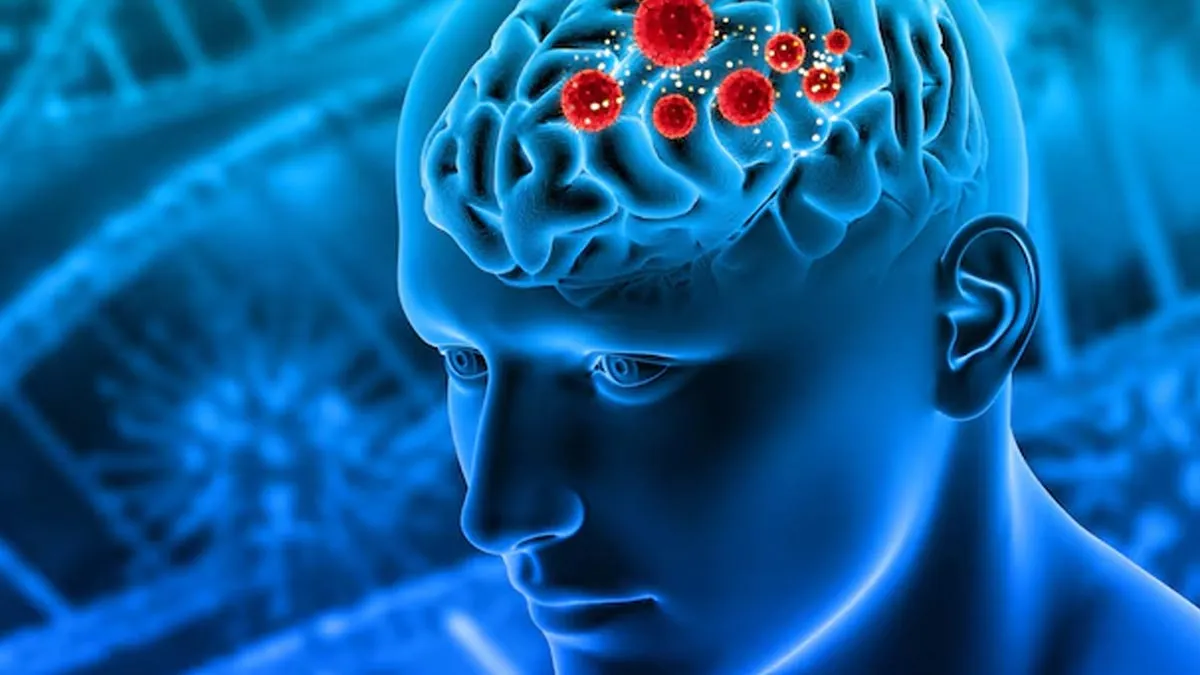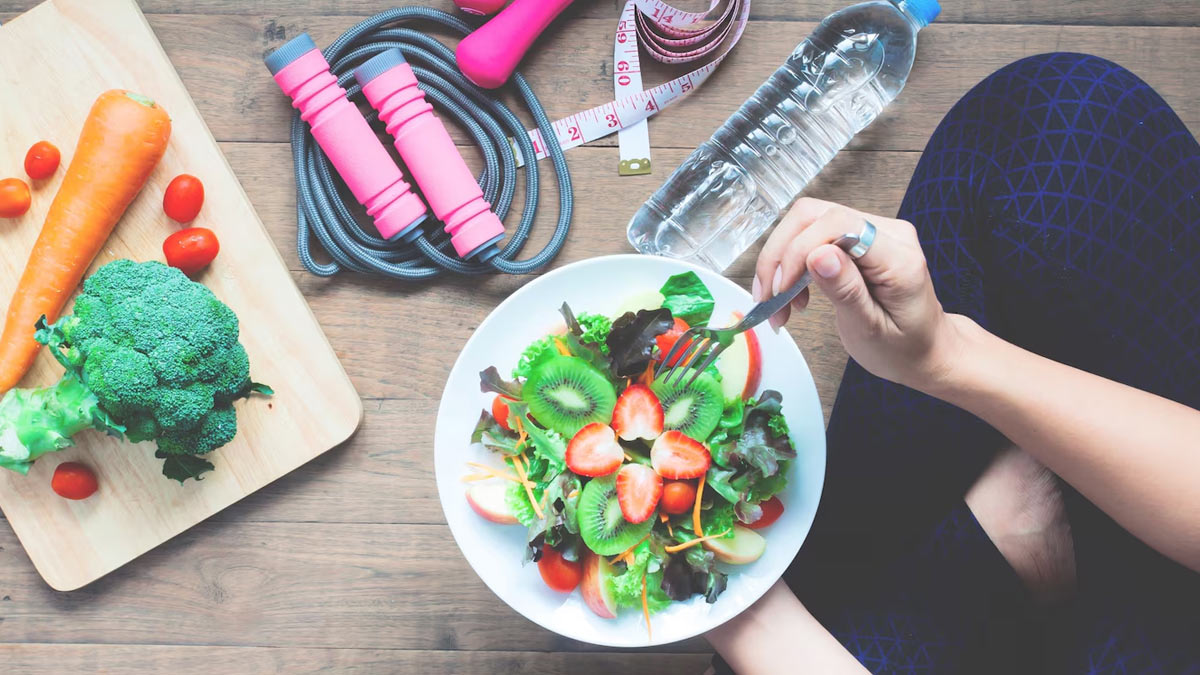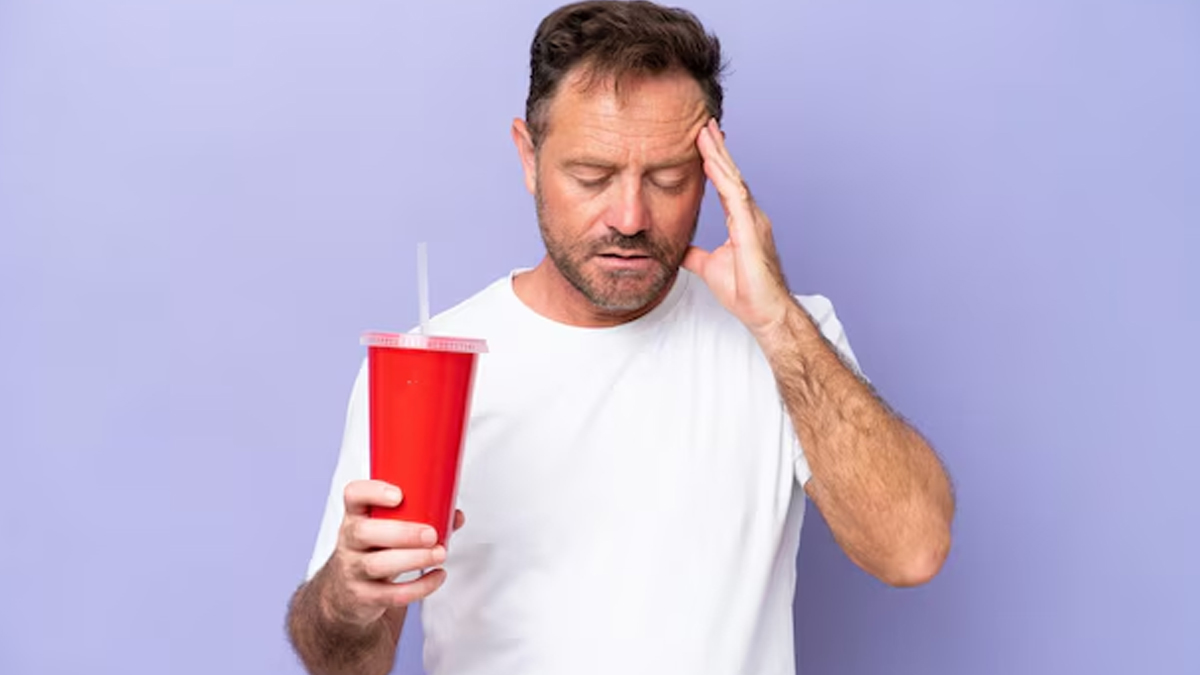
Stroke is among the leading causes of death worldwide, affecting 1.5 crore people and claiming the lives of 50 lakh. Another 50 lakh are left permanently disabled, placing a burden on family and community, according to the World Health Organization (WHO).
Table of Content:-
A stroke occurs when the blood supply to part of the brain is interrupted or reduced, causing damage to brain tissue. This can be caused by a blockage, also called an ischaemic stroke, or a bleed, or haemorrhagic stroke. People who have suffered a stroke need to be vigilant, as they are at a greater risk of recurrence.
Speaking with the OnlyMyHealth team, Dr Atul Prasad, Vice Chairman and HOD - Neurology, BLK - Max Super Specialty Hospital, New Delhi, discusses key things stroke patients should avoid after they have experienced an attack and why.
Also Read: Can Stress Really Cause A Stroke? Find Out Here!
Stop Taking Prescribed Medications

Dr Prasad starts off by highlighting the dangers of stopping stroke medications prescribed by doctors. He says, “Medications like antiplatelets (e.g., aspirin, clopidogrel), anticoagulants (e.g., apixaban), statins, antihypertensives, and diabetes meds are vital for preventing another stroke. Stopping them can lead to a recurrent stroke, often worse than the first.”
According to a 2010 study in Archives of Neurology, about one in four stroke patients stop taking at least one of their prescribed medications meant to prevent another stroke within three months of being discharged.
Ignore High Blood Pressure
If you have been diagnosed with hypertension, it is important to monitor your blood pressure levels regularly. High blood pressure is a common risk factor for stroke, as it can damage the lining of blood vessels, making them more prone to clots and narrowing.
Dr Prasad says, "Poorly controlled BP drastically increases the risk of another stroke or brain bleed."
Smoking Or Using Recreational Drugs

It is important to note that smoking and using substances like cocaine/methamphetamines can damage blood vessels and raise stroke risk.
A review of studies published between 1950 and 2011 found that several illicit drugs, including cocaine, amphetamines, heroin, ecstasy, LSD, PCP, and marijuana, can increase the risk of stroke, even in young and otherwise healthy people. As per the research, cocaine and amphetamines show the strongest links to both ischaemic and haemorrhagic strokes.
Also Read: Numbness On One Side Of The Body To Difficulty Speaking, Neurological Signs To Spot Stroke Early
Skip Follow-Up Appointments
Surviving a stroke doesn’t mean you’re out of danger. The battle is yet to be won. That’s when follow-up appointments come in, helping you assess your risk of a recurrent attack. Dr Prasad says, “Stroke recovery involves managing multiple systems (neurology, cardiology, rehab), adjusting meds, and monitoring progress,” and therefore, skipping your appointments can lead to delayed detection of new risk factors and missed opportunities for rehab or medication adjustment.
Remain Inactive Or Isolated

Another common problem among stroke patients is that they continue to lead a sedentary lifestyle. According to Dr Prasad, physical inactivity worsens overall vascular health and delays neurological recovery. Moreover, social isolation can contribute to post-stroke depression.
The doctor shares that in the early stages of stroke recovery, certain physical activities can actually be harmful or counterproductive, depending on the patient’s condition, type of stroke, and severity of deficits. Stroke patients should typically do the following exercises:
- High-impact activities like running, jumping, heavy lifting, and contact sports
- Unsupervised balance and gait exercises like walking without assistive devices, balance boards, and uneven terrain
- Overexertion or intense cardio like cycling, treadmill sprints, and stair climbing machines
- Resistance training without guidance; examples include heavy weightlifting and resistance bands.
- Activities that require motor control, like driving, operating machinery, and cooking with sharp tools
Conclusion
Recovering from a stroke is a long-term process that requires careful attention and consistent effort. Many survivors may unknowingly put their health at risk by skipping medications, avoiding follow-up appointments, or staying physically inactive. It’s important to understand that the risk of a second stroke is significantly higher, especially if proper lifestyle changes are not incorporated. Staying connected with healthcare professionals, managing conditions like high blood pressure, and gradually engaging in safe physical activity can make a big difference. Remember, recovery isn’t just medical; it’s also emotional and social.
Also watch this video
Read Next
Here's How To Differentiate Between Hypertension Headache And Normal Stress Headache! Expert Shares
How we keep this article up to date:
We work with experts and keep a close eye on the latest in health and wellness. Whenever there is a new research or helpful information, we update our articles with accurate and useful advice.
Current Version